Welcome to the review of Voice of Cards: The Forsaken Maiden, the second chapter of the JRPG series “on cards” by Square Enix hit the shelves a few months after the first
Square Enix has a myriad of projects, very important titles and interesting news at stake. Starting with its flagship franchise, the final fantasy we all know, which has a fugitive sixteenth chapter and Stranger of Paradise coming later this month, the recent postponement of Forspoken has made everyone feel a little sorry, even if we expected it. and the almost disastrous Babylon’s Fall. However, there is a title that has remained very much on the sidelines, always produced by Square Enix, but which would have deserved a little more light, especially from fans.
We told you about the first chapter of Voice of Cards, subtitled the Isle Dragon Roars, a few months ago in a dedicated review, which you can find by clicking here. Shortly after, and totally out of the spotlight, Square Enix has released a second iteration of the franchise, this time called The Forsaken Maiden. With high-sounding names like Yoko Taro, Kimihiro Fujisaka and Okabe behind him, this new, deliberately classic, turn-based JRPG returns to re-propose its particular formula and aesthetics, although not so revolutionary. Will Square Enix succeed in renewing the brand in such a short time? No! But it’s actually not that big of a problem. Welcome to Voice of Cards: The Forsaken Maiden review.
Tranquil Hours
Although they bear the same title, the two chapters of Voice of Cards are not narratively connected in any way. The premises of The Forsaken Maiden are therefore completely different from its predecessor and, from the beginning, much more interesting. Our protagonist (to whom you will give the name) is the classic unblemished and fearless hero who embarks (literally) on a mighty journey aimed at the salvation of the world. This time it is not a fire-breathing dragon that threatens her, but a natural disaster that threatens to upset the very essence of the world.
Accompanying him is Jeri, a strange, completely silent girl, whom the protagonist met in a cave not far from the Villaggio Capolinea, the starting point of the adventure and located on the Isle of Twilight, one of the five islands that make up the world of game of The Forsaken Maiden. The journey of the Hero and Jeri will put in their way a diverse parade of co-stars and teammates, all with their goals and which will often turn out to be just temporary additions. We don’t want to spoil any side of The Forsaken Maiden’s narrative in any way, so we’ll stop there. And this is because, in the end, narration is the most successful point of this new Voice of Cards.
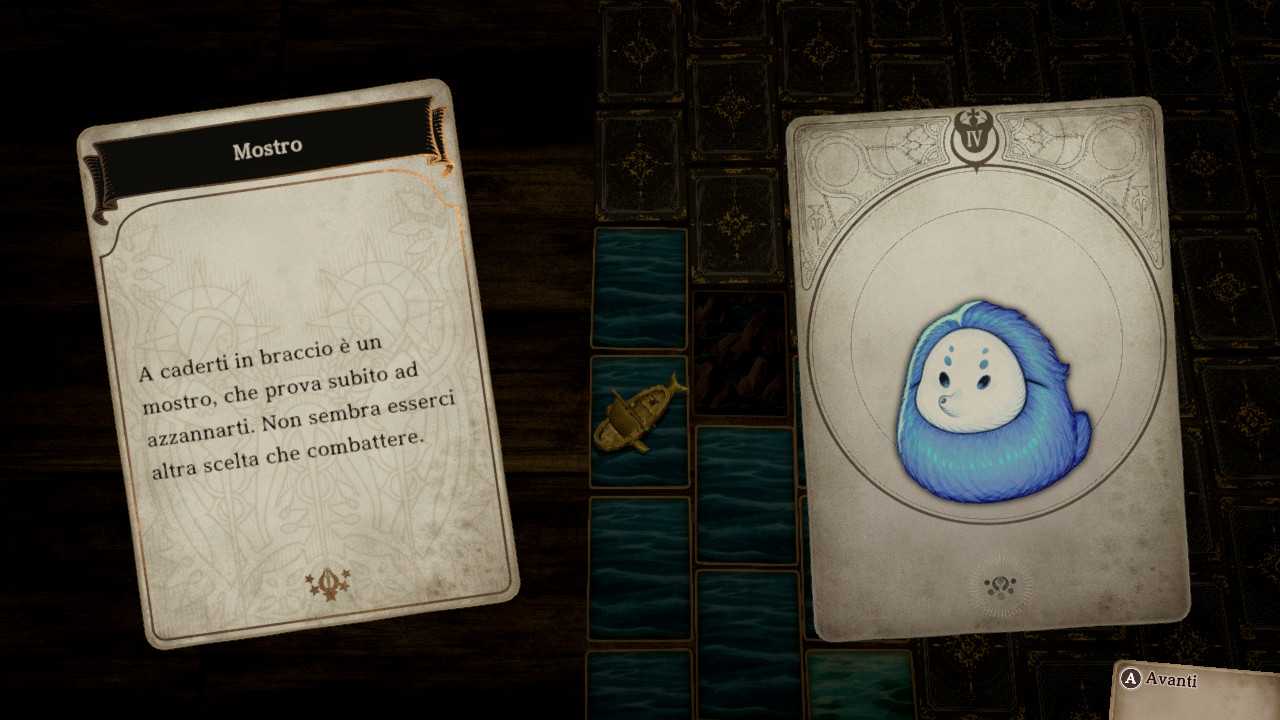
Hot-Blooded Heroes | Review The Forsaken Maiden
Compared to The Isle Dragon Roars, in fact, we were able to appreciate one more mature fiction, multifaceted and full of decidedly interesting ideas. The fight against the enemy on duty turns out to be more abstract this time, since we are not actually talking about a dragon, but about a calamity, and the almost twenty hours we spent in the company of the protagonists of the title allowed us to get to know a cast of characters. truly varied and interesting. A journey that will lead us to explore a mind afflicted by trauma, studded with black holes and pierced with pain. And let’s repeat it: it’s definitely more interesting than fighting a dragon head down.
From the point of view of mere gameplay, The Forsaken Maiden it has remained virtually equivalent to The Isle Dragon Roars, with some small variations and tricks. We will therefore find ourselves in front of a world composed exclusively of cards, which will be turned over as we continue the exploration by moving our pawn. Even Jeri and the Hero will be identified, in the dialogues and in the clashes, with cards, as well as the progress of the narrative will be represented on the screen with texts written on the cards and accompanied by the fascinating voice of the narrator that we have been able to appreciate in The Isle Dragon Roars. Although in this case he speaks much less, unfortunately.
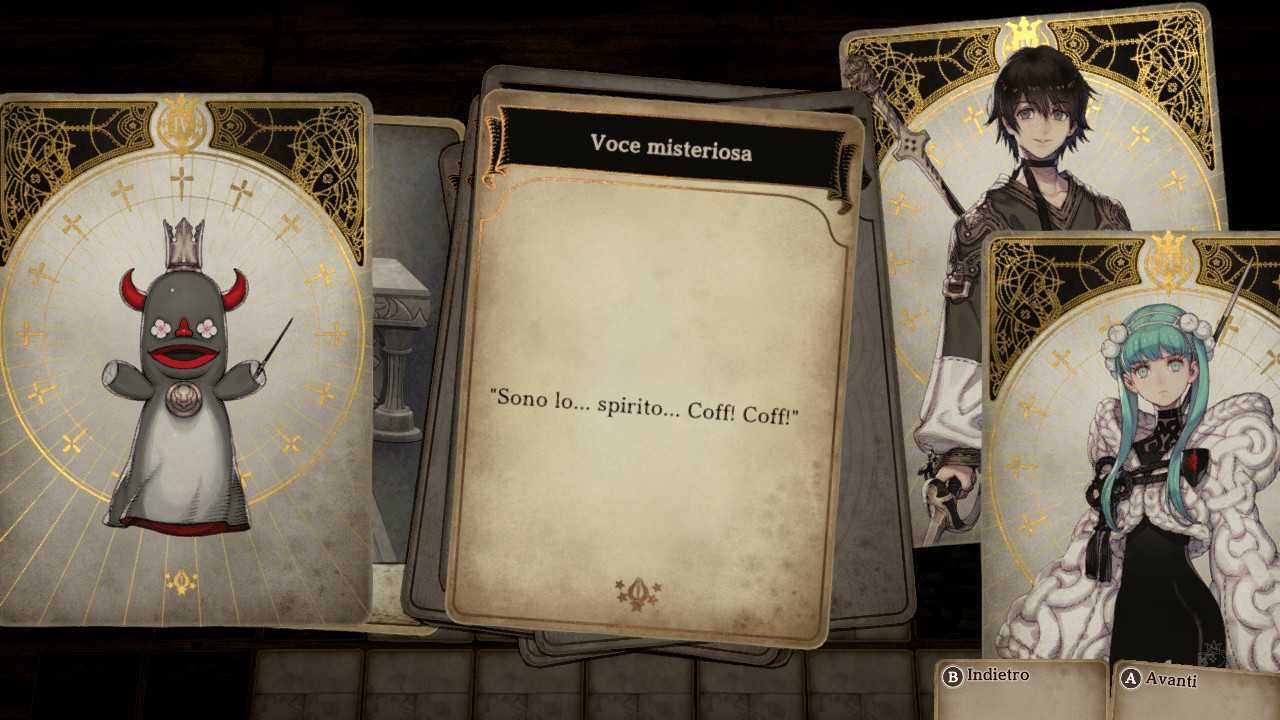
A Southerly Wind in Our Sails | Review The Forsaken Maiden
The exploration of the game map turns out to be slightly different because the “open world” painted in the first chapter has been, this time, split into five large maps with different dungeons inside them, slightly more intricate and interesting than the first chapter, but practically all related to the advancement of the narrative. The sporadic secondary missions will in fact be exclusively fetch quests of little importance and which will allow you, in the end, to receive only a few pieces of additional equipment. What harm never hurts, for heaven’s sake, but we were hoping for a little more.
The clashes also remained virtually identical to The Isle Dragon Roars. Encounters with enemies will be generated randomly during the various phases of exploration outside the cities, and as in the first chapter they are far too frequent. Fortunately, the ability to move quickly to an already visited card is back, a factor that greatly limits the frustration and obsessive-compulsive grinding of game currency and experience points.
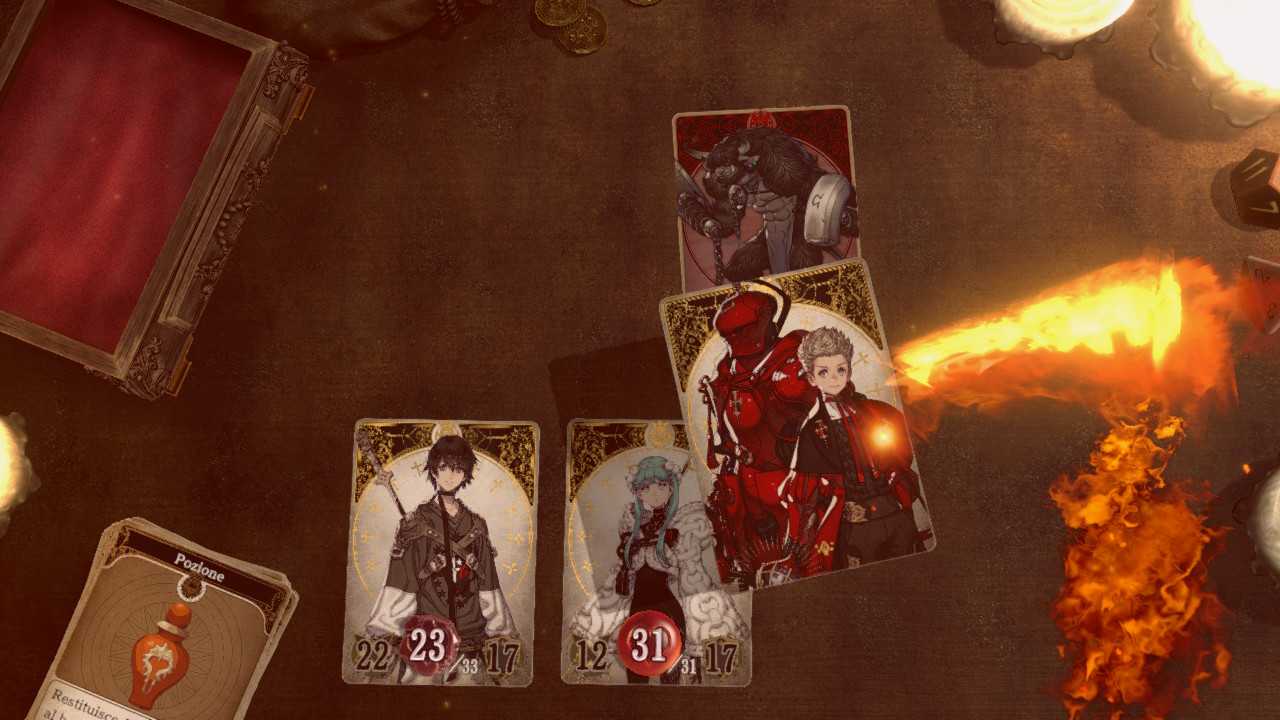
Foundering Surroundings | Review The Forsaken Maiden
The party is always made up of three or four members in a situational way, and each of the fighters will have some cards representing specific abilities at their disposal. The use of most of the skills presupposes the consumption of gems, which are accumulated one for each turn initiated by the player and following the use of particular cards. Abilities can be, as in any JRPG, attack or defense and many have specific elemental properties.
Each enemy that will appear in front of us will in fact be weak to one element and resistant to another different, making the clashes of The Forsaken Maiden, especially those against numerous or particularly difficult enemies, more tactical and less “casual”. Combined attacks have been added to this chapter, which two characters will be able to perform by joining their forces and which will vary depending on who will use the ability. A pleasant addition, certainly, but that does not revolutionize in any way a gameplay that is too simple and unwilling to replay.
A little for the low general difficulty of the title and a little for the chronic lack of cards (which precludes a real deckbuilding and which only leads to selecting a basic skill and the strongest advanced ones as a hand), The Forsaken Maiden has never put us in front of impassable walls represented by bosses or minibosses. In fact, the game ran quite smoothly, without any grinding sessions, and simply compulsively completing the exploration. We turned over every single card of every single scenario, of course.
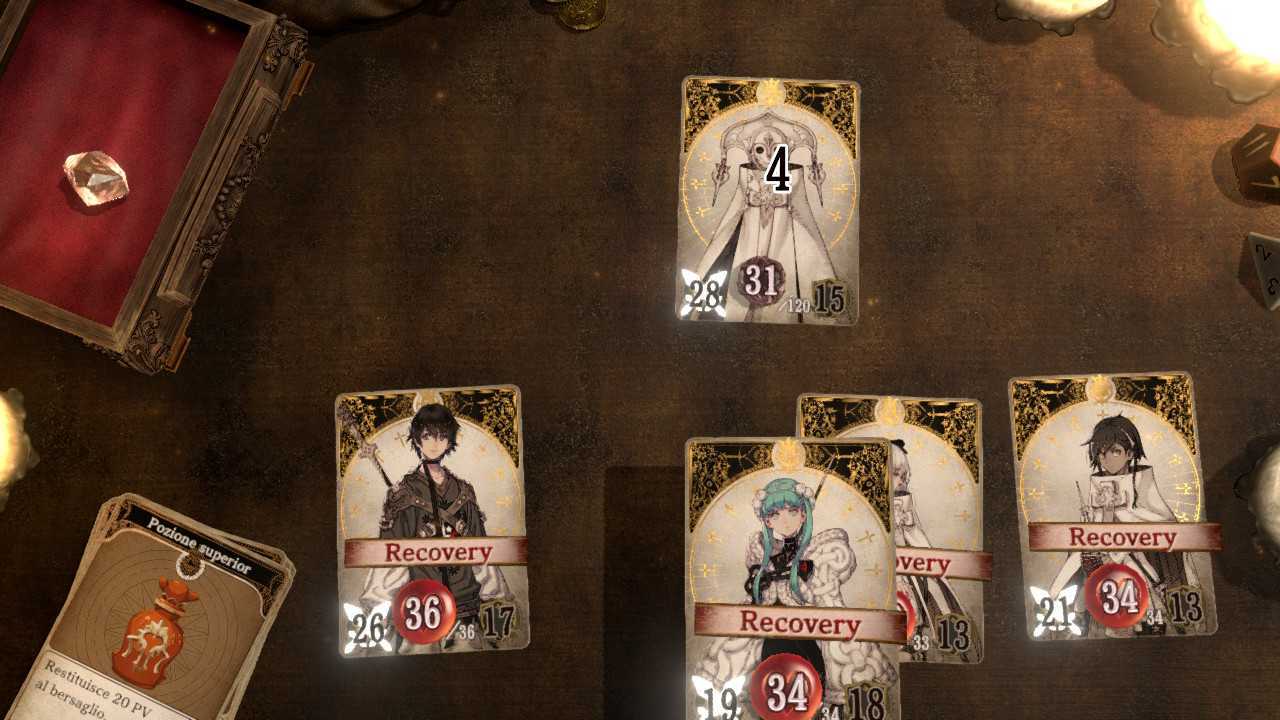
Spirit Sovereign Manifest | Review The Forsaken Maiden
Considering the hands that have worked on it, we don’t have much to say on the stylistic side. Kimihiro Fujisaka’s character design stands out even more for quality than even The Isle Dragon Roars alone, with sprites of the characters treated and detailed beyond all human expectations. The general aesthetic result has also been improved, with visual and light effects masterfully integrated with what actually, on balance, is a simple wooden board on which cards are placed. The overall visual rendering is therefore excellently inspired, with some really exciting flickers.
Technically, the title is valid: our test took place, as in the case of the first chapter, on Nintendo Switch and we did not encounter any problems either in portable mode or with the console attached to the dock. We may have noticed longer loading times in The Forsaken Maiden compared to the first chapter: nothing worrying or disabling, but it is something that still needs to be noted in the review.
Also improved the soundtrack, written and orchestrated by the master Keiichi Okabe, definitely of a higher level than that of The Isle Dragon Roars and with tracks that we continued to listen to even after the game was over. Two dubbing tracks are available, the English one and the Japanese one, as well as an Italian localization at times fluctuating, but overall appreciable. We reiterate our disappointment with a more silent narrator than usual: we missed his irony and his sagacity!
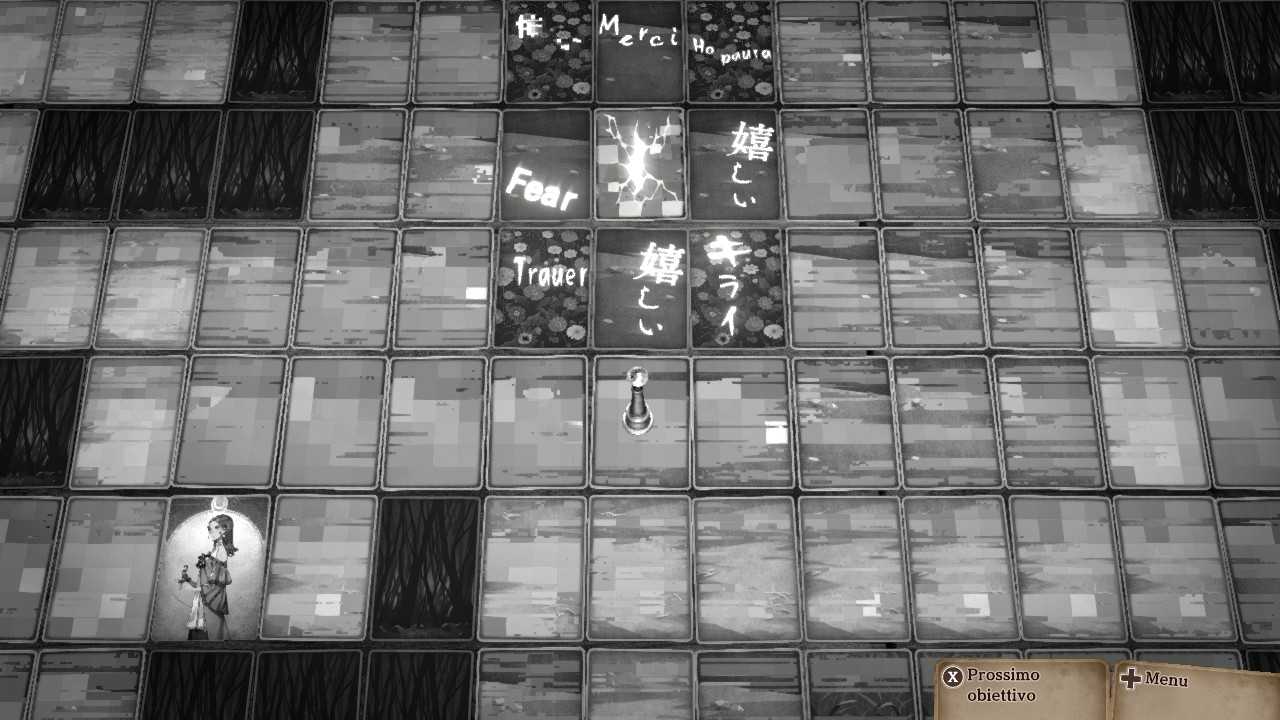
Maiden Training
In conclusion, ending this too long-winded review of Voice of Cards: The Forsaken Maiden, one wonders why Square Enix wanted to release a new chapter at such a short distance from the previous one. Mind you: the game is not bad at all, on the contrary, it turns out to be overall even more interesting than The Isle Dragon Roars. However, there remains the bitterness of seeing such an interesting and functional base of ideas wasted, almost as if not even the company really believed in it. The Forsaken Maiden is an almost perfect photocopy of The Isle Dragon Roars, with some gameplay additions, and a much more interesting narrative. Let’s just hope that the company manages to get him out of this “very limited living space” and that Yoko Taro understands that To create a great video game, it’s not enough just an excellent narrative. Promoted the same, once again!
Voice of Cards: The Forsaken Maiden is currently available on PC, PS4 and Nintendo Switch. Let us know what you think below in the comments, we will continue to keep you updated with all the news, guides and reviews on videogame and tech! And if you are interested in game keys at advantageous prices, we recommend that you take a look at the InstantGaming catalog!
Enjoyable at the right point!
Points in favor
- Compelling and at times exciting fiction
- Stylistically flawless (thanks to the big names)
- The series has a solid foundation …
Points against
- Total and obvious lack of innovation compared to the first chapter
- … not yet exploited






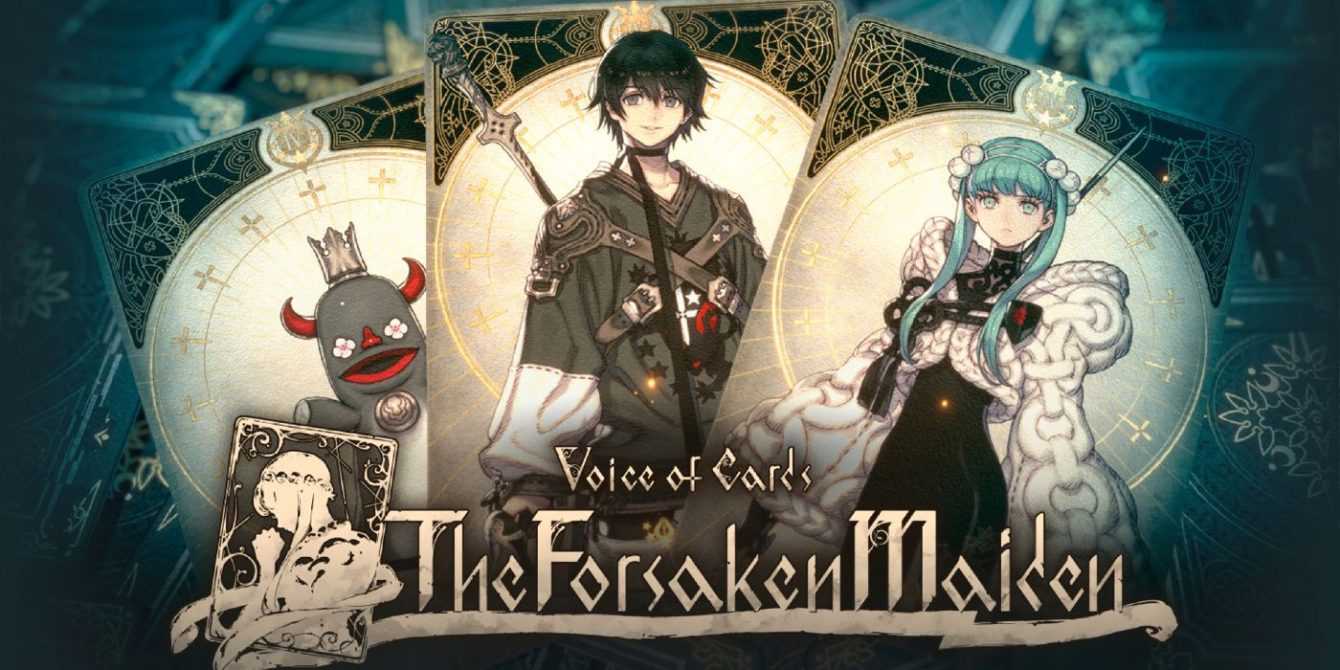





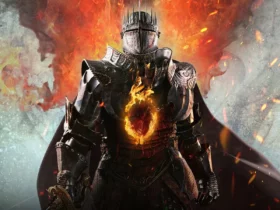

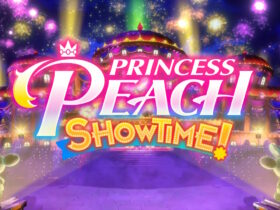
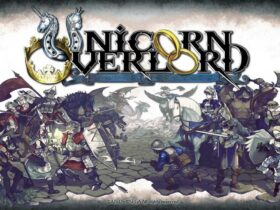
Leave a Reply
View Comments